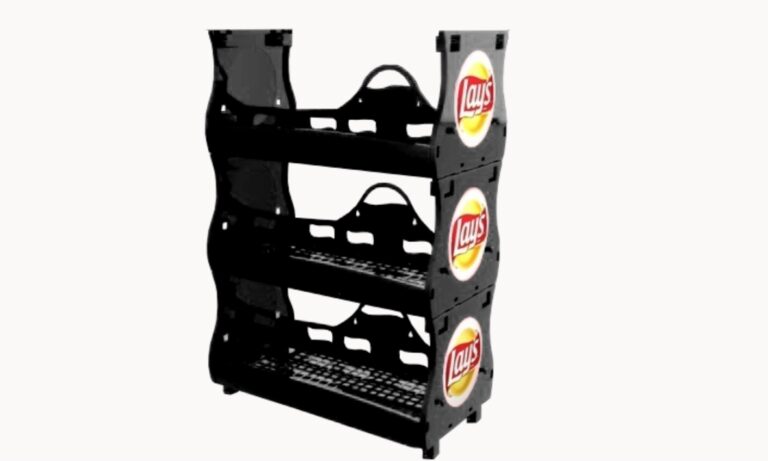
PepsiCo streamlined its supply chain with sustainable pallets
An advanced conversion technology has been introduced by UBQ Materials by patenting the world’s first bio-based thermoplastic made of unsorted household waste.

An advanced conversion technology has been introduced by UBQ Materials by patenting the world’s first bio-based thermoplastic made of unsorted household waste.
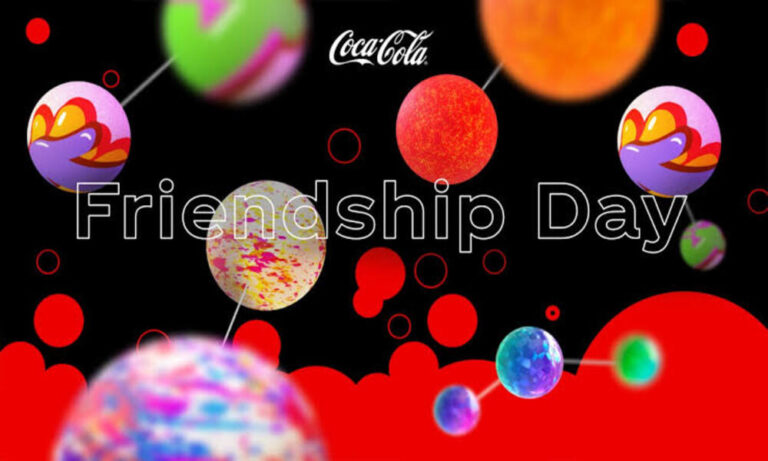
The brand first appeared in the metaverse with the Friendship Day Loot Box, which had different products like a virtually wearable NFT puffer jacket.
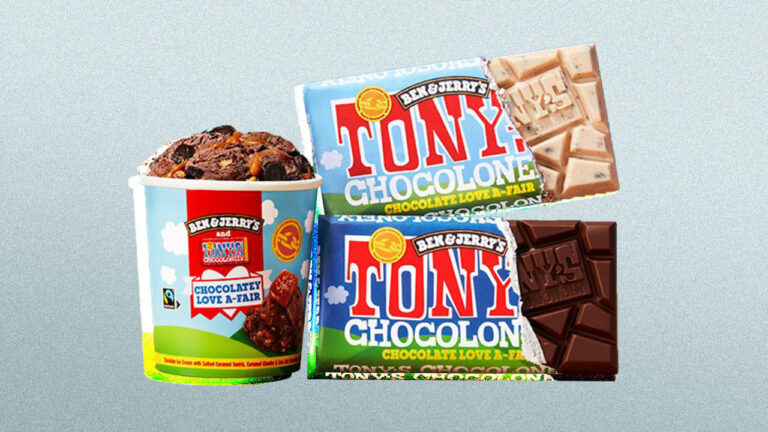
Ben & Jerry’s has collaborated with Tony’s Chocolonely to end modern slavery and child labour across supply chains in the chocolate industry.
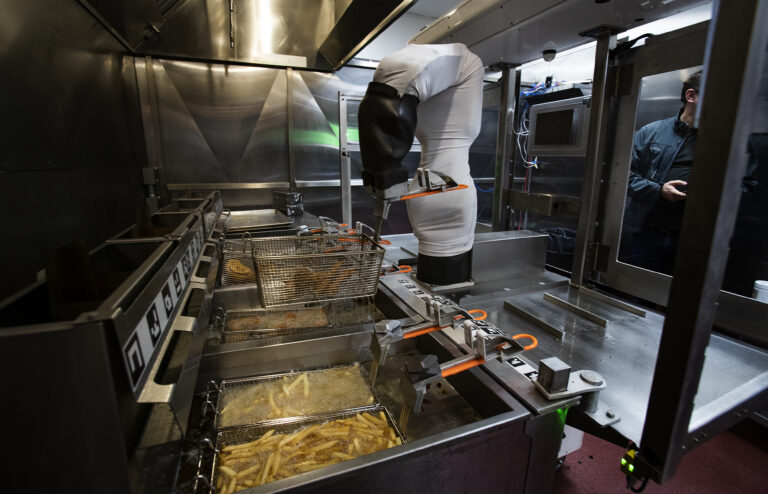
The use of AI for self-serve options, inventory, scheduling, and marketing is already prevalent in many restaurants.
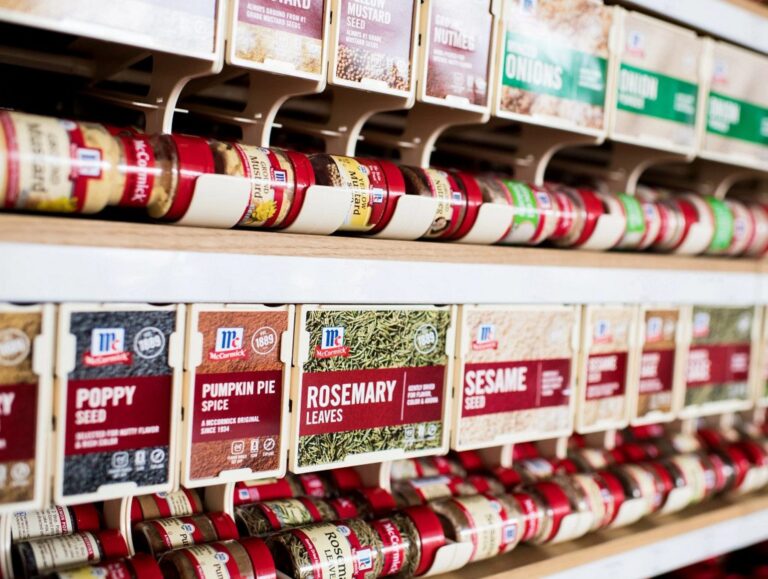
McCormick & Company has become one of the few businesses to achieve validation from the Science Based Target Initiative (SBTi) on its emission reduction goals.
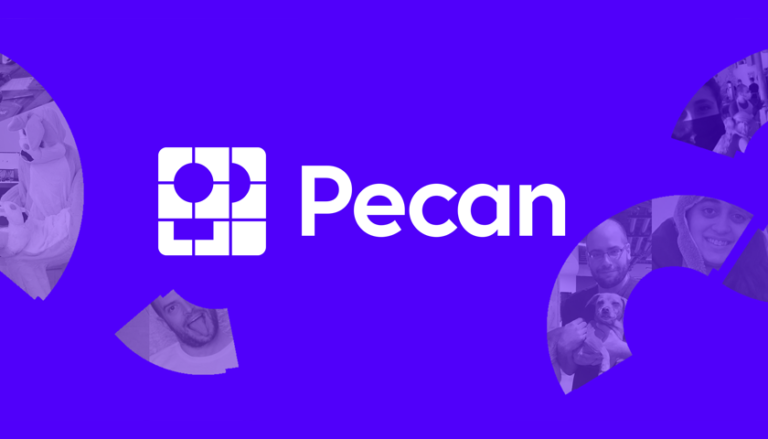
It has been estimated that companies can increase revenue by incorporating data science, which would analyse consumer forecasts.
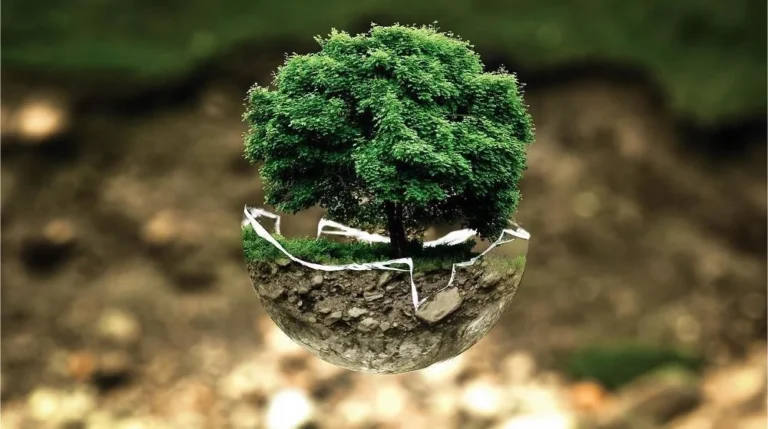
The fear of climate change in consumers has increased in the last year. 46% (up from 39%) consider climate change as the chief environmental problem, followed by air quality (36%) and plastic pollution (33%) in 2022.
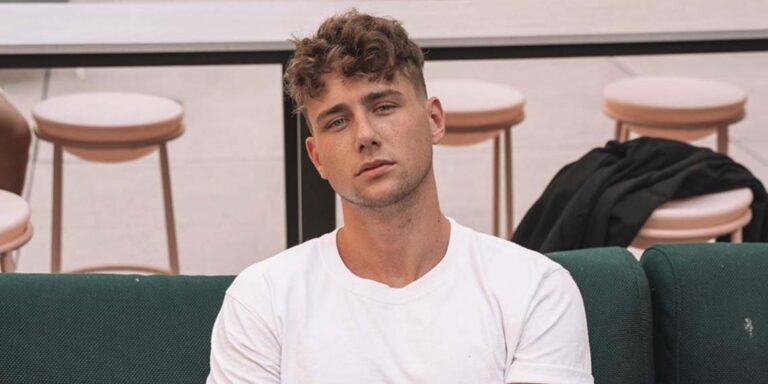
Harry Jowsey became a social media influencer after his appearance on Netflix’s Too Hot To Handle. He has amassed 4.8M followers on TikTok and 4M followers on Instagram.
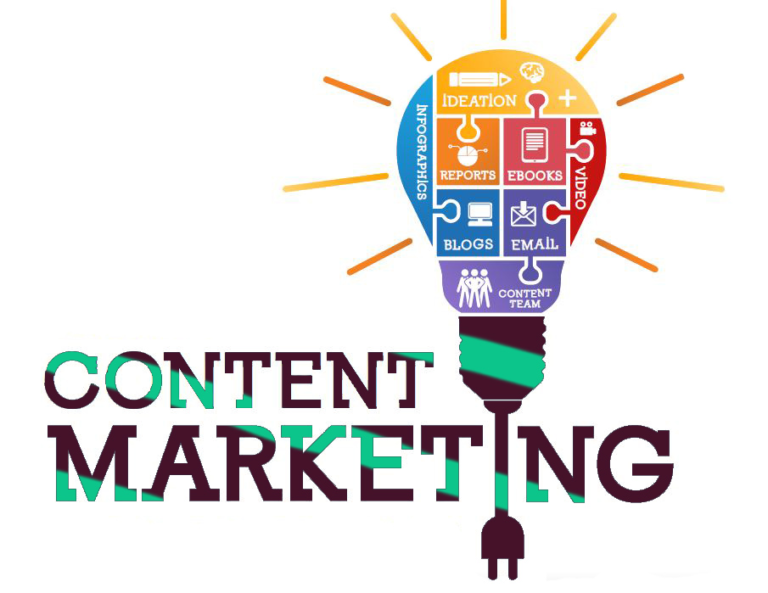
Content marketing is one of the chief solutions that can save a dying business. Seven brands have done something successful in this field.
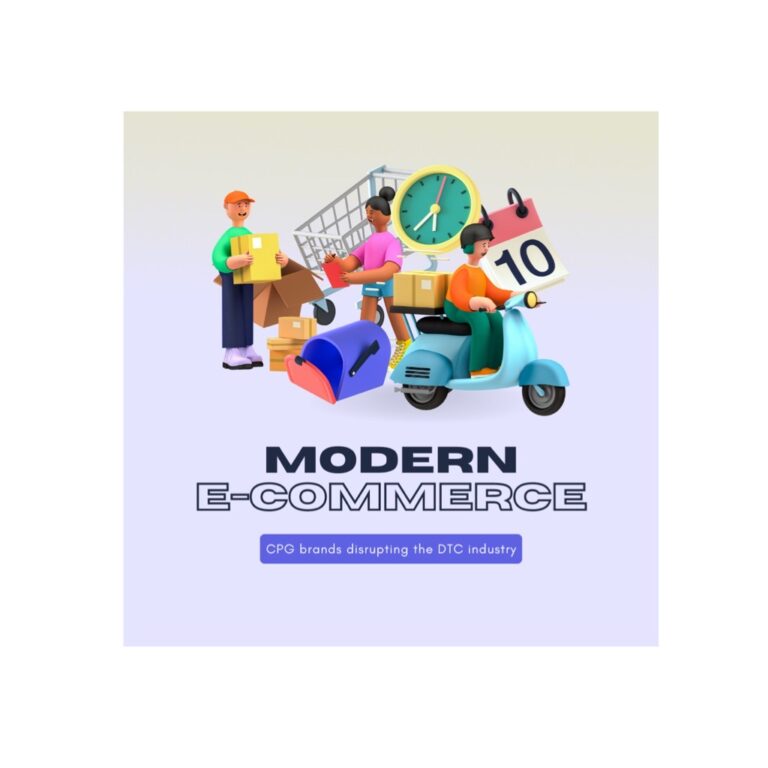
In recent years, brands selling consumer packaged goods have shifted some of their sales away from brick-and-mortar stores to online channels. As a result, many consumers have begun buying directly from manufacturer websites because stores usually run out of many CPG products such as toilet paper, disinfectant, and hand sanitiser due to the pandemic.
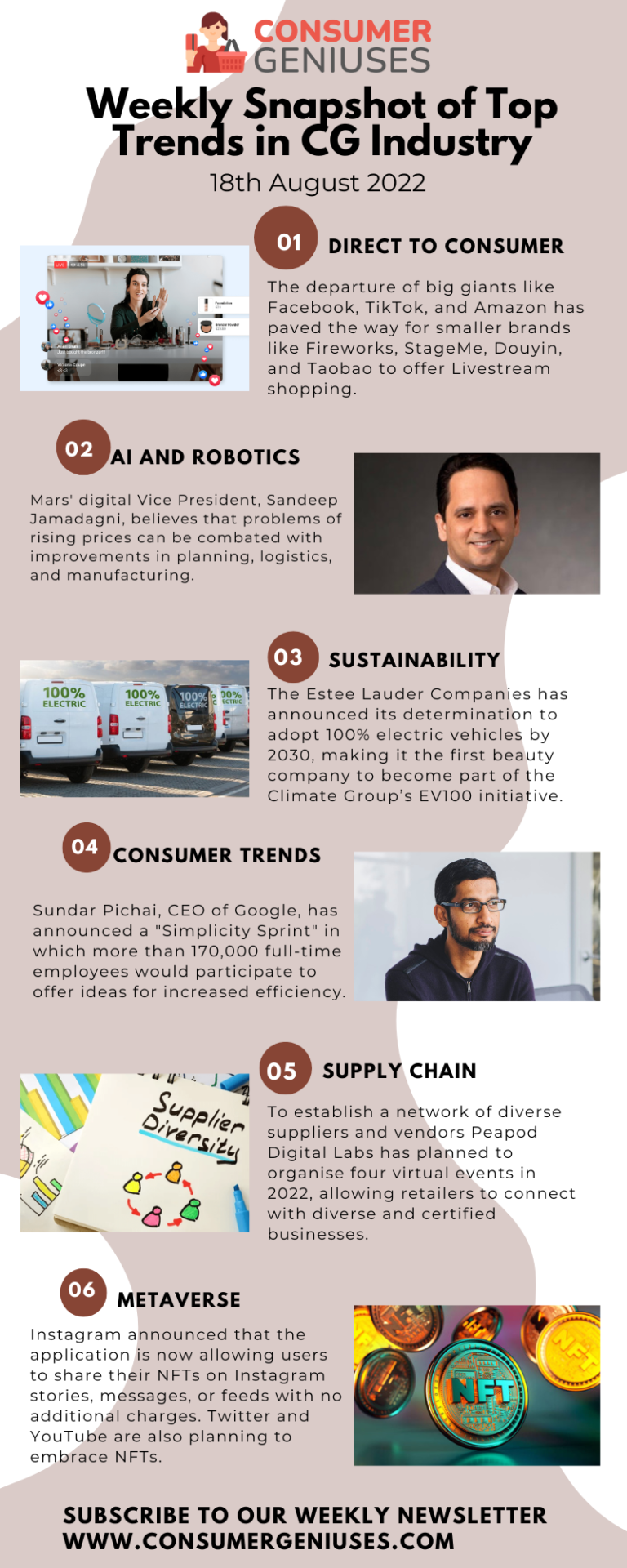
This is the weekly snapshot of top trends from the Consumer Goods industry in the past week (14th August-18th August). We have covered different categories, including:
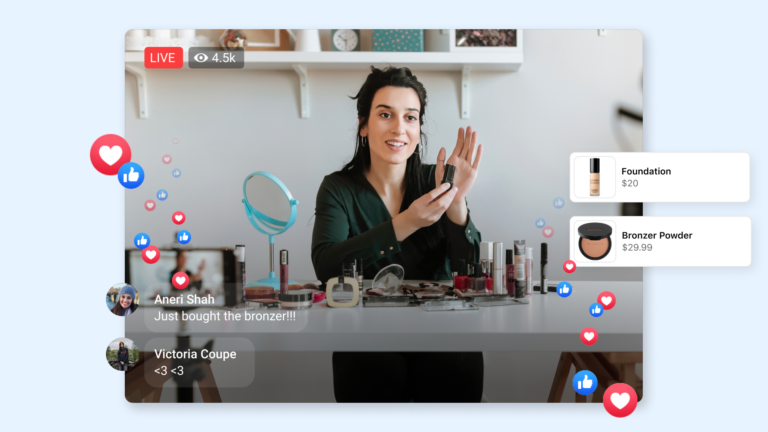
Meta announced that the live shopping option on Facebook would end in October. In addition to this, TikTok decided not to expand its live stream shopping to the US.
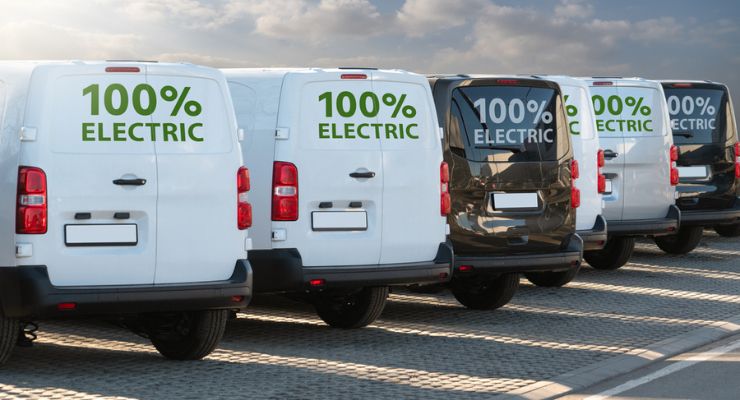
The Estee Lauder Companies has announced its determination to adopt 100% electric vehicles by 2030.
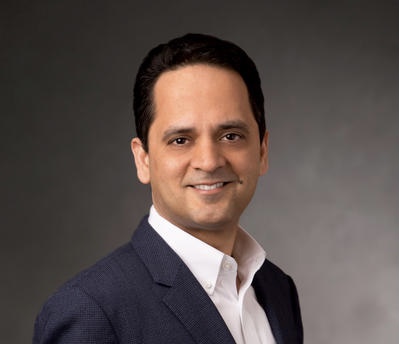
Mars’ digital Vice President, Sandeep Jamadagni, believes that problems of rising prices can be combated with improvements in planning, logistics, and manufacturing.
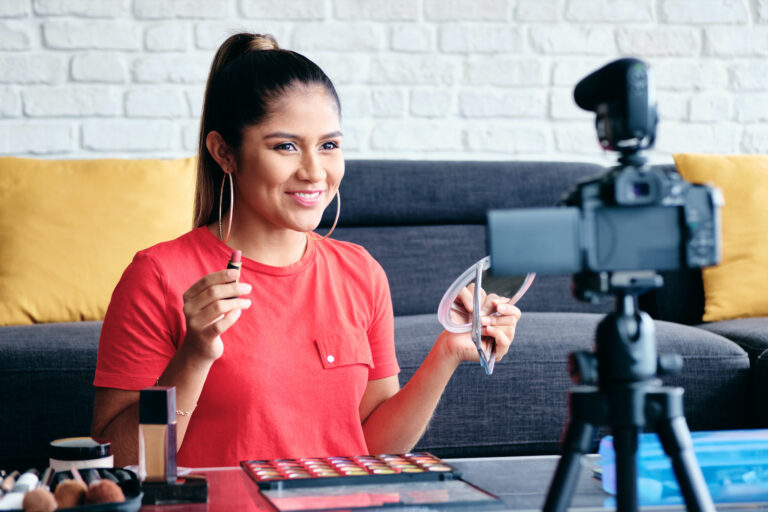
Many brands are hiring influencers for marketing purposes, not limiting themselves to celebrities with massive followings but also micro-and nanoinfluencers, kidfluencers, gaming influencers, and virtual influencers.
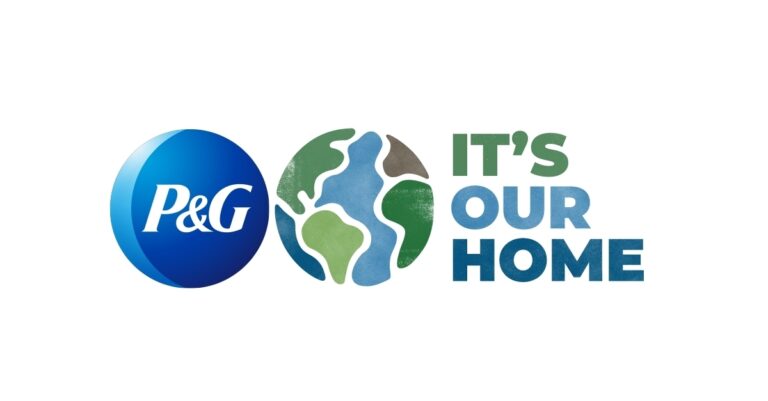
In September 2021, Procter & Gamble presented its goal of reaching net zero emissions by 2040, extending from raw materials to retail.
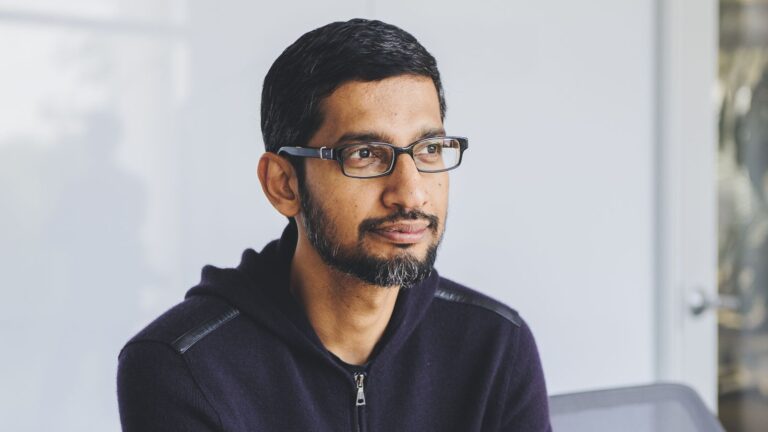
Sundar Pichai, CEO of Google, has announced a “Simplicity Sprint” in which more than 170,000 full-time employees would participate to offer ideas for increased efficiency.
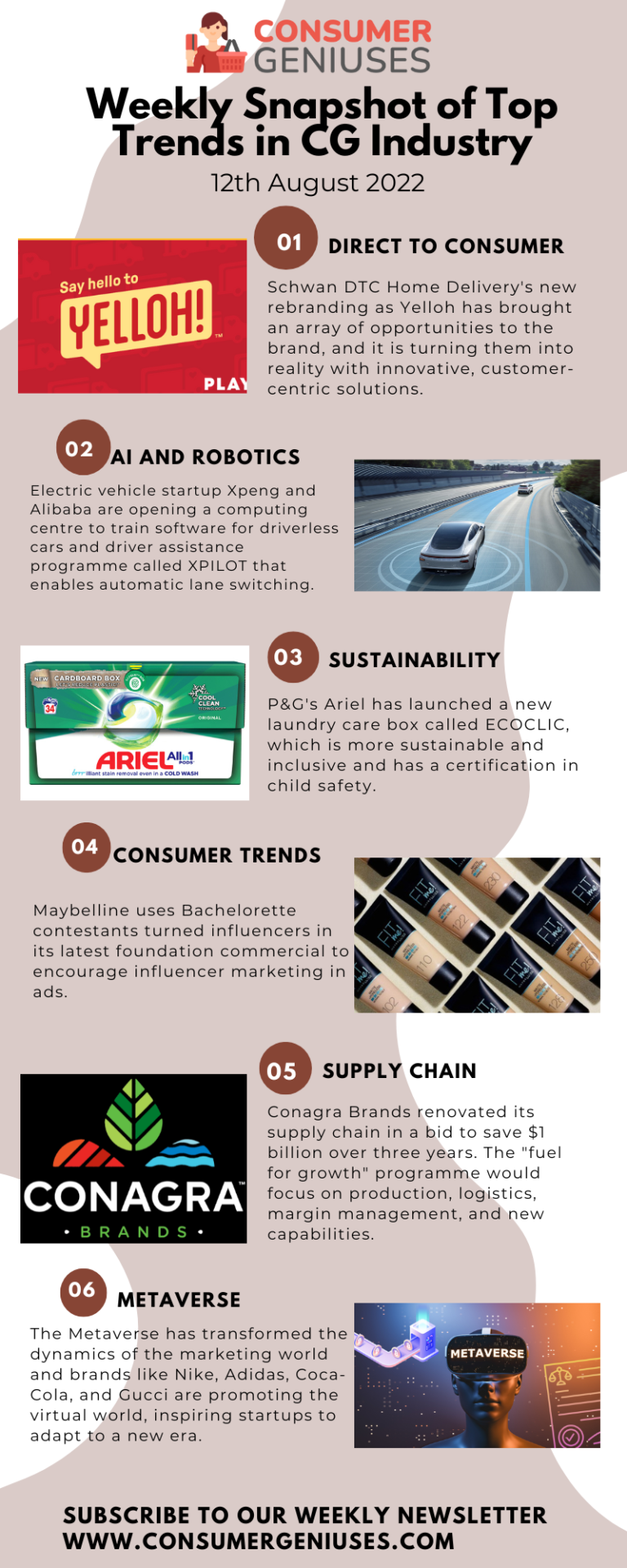
This is the weekly snapshot of top trends from the Consumer Goods industry in the past week (8th August-12th August). We have covered different categories, including:
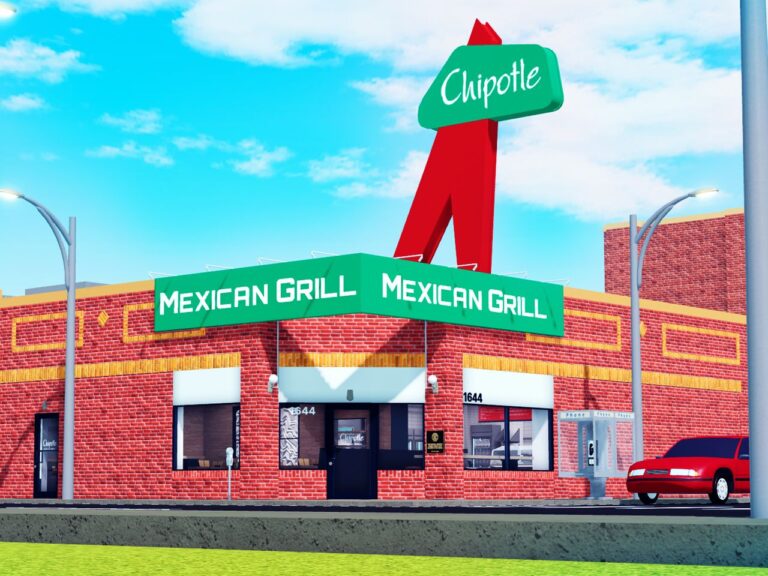
According to a report, 38% of consumers using the metaverse are open to restaurant purchases in the virtual world.

According to a TraceGains survey, 58% of CPG companies list supply chain disruptions as their biggest challenge. More than six out of ten leaders claimed to have changed six product recipes.
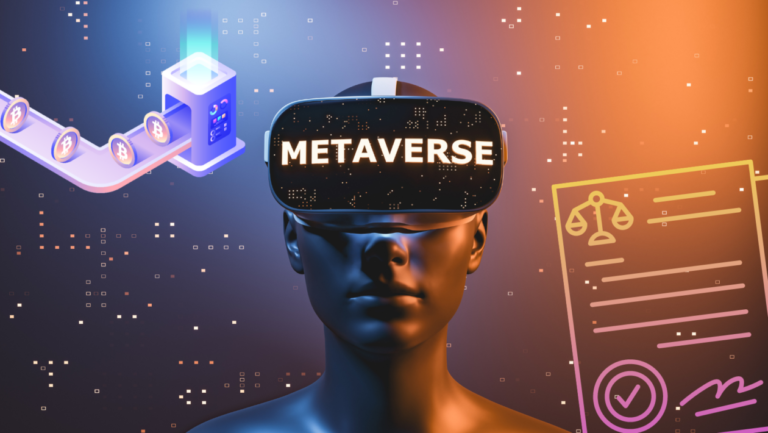
The Metaverse is nowadays acknowledged as the future of marketing and advertising. Many big brands have delved into it, including Nike, Adidas, Coca Cola, and Gucci.

Schwan’s Home Delivery has rebranded and is now known as Yelloh.
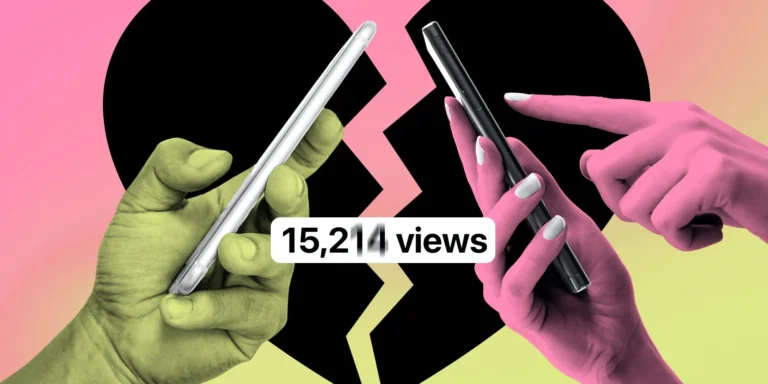
Brands like to hire couples for advertising since usually their engagement rate and analytics are higher and people like to follow their relationship.
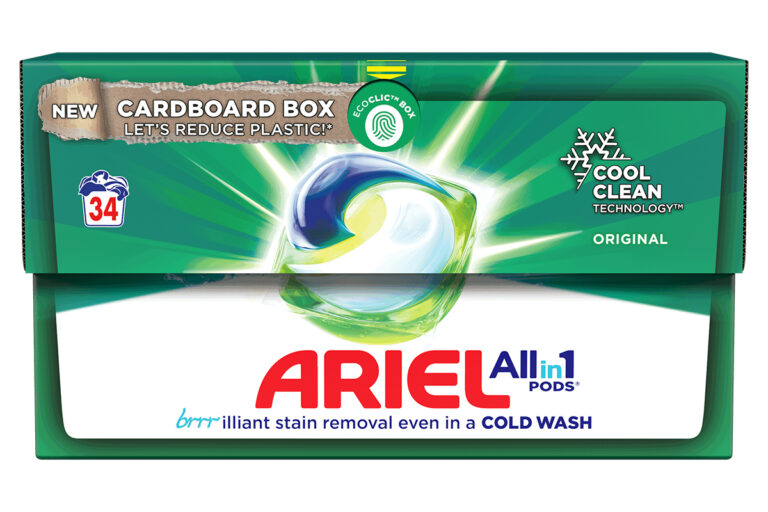
P&G’s Ariel has launched a new laundry care box called ECOCLIC, which is more sustainable and inclusive and has a certification in child safety.
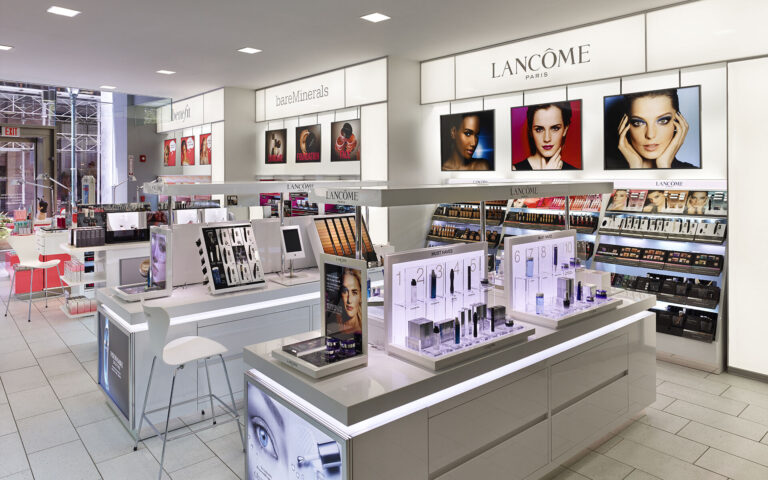
Ulta Beauty launched a $20 million VC fund called Prisma Ventures, which focused on digital innovation and tech startups in beauty.
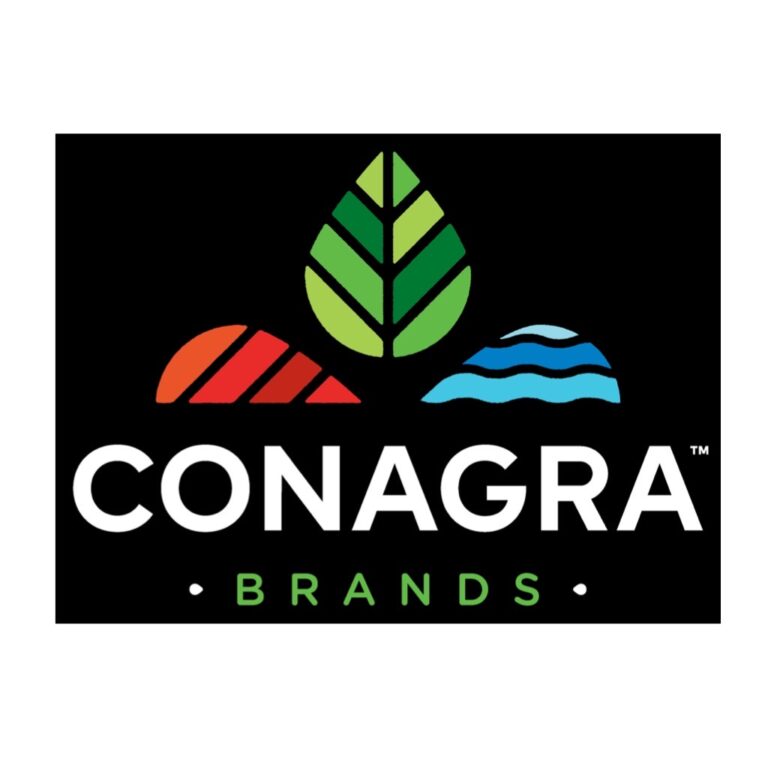
Conagra Brands renovated its supply chain in a bid to save $1 billion over three years. The “fuel for growth” programme would focus on production, logistics, margin management, and new capabilities.
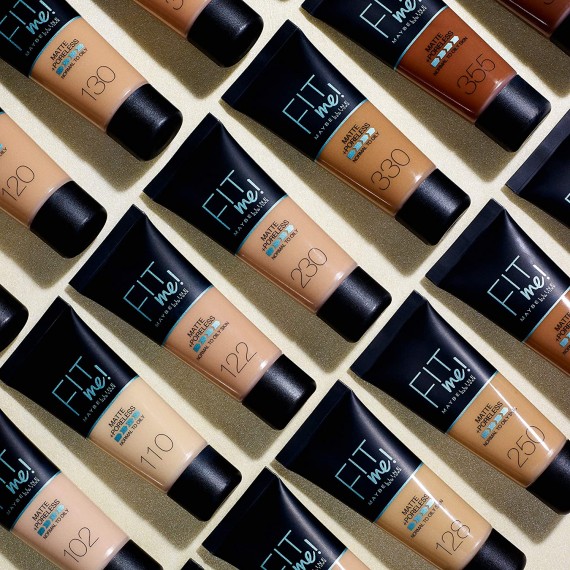
There has been speculation about more influencers appearing in advertisements. Maybelline made it a reality by featuring two Bachelorette contestants turned influencers in its recent ad about a foundation.
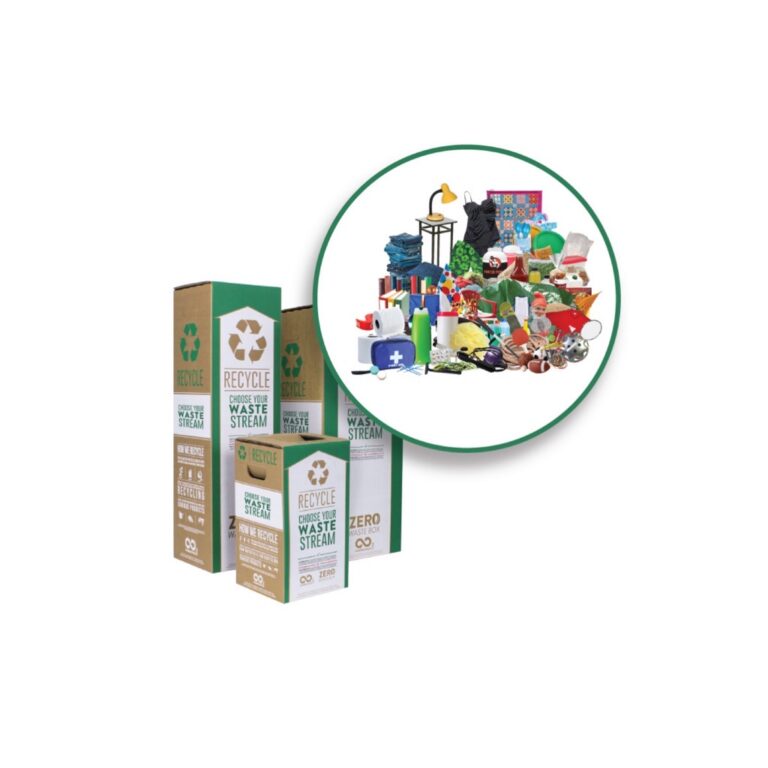
Food manufacturers like snack producers and bakeries have been famous for leaving behind an environmental footprint. The main reason is the usual and non-recyclable nature of their packaging.
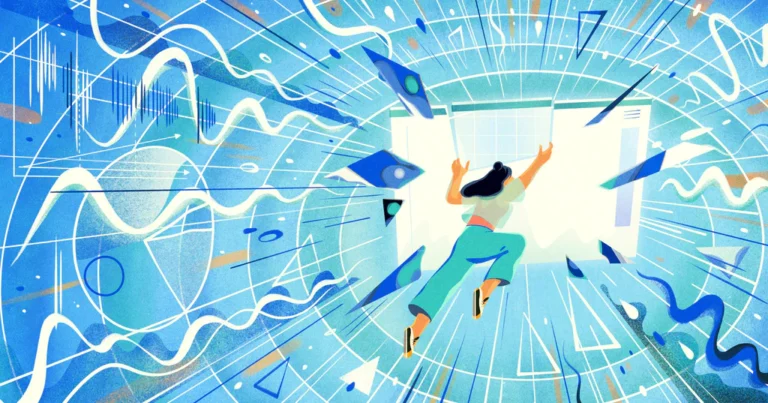
In the last decade, the direct-to-consumer model has skyrocketed in popularity. Brands such as Warby Parker and Dollar Shave Club saw an opportunity to enter an existing market and make the experience better.
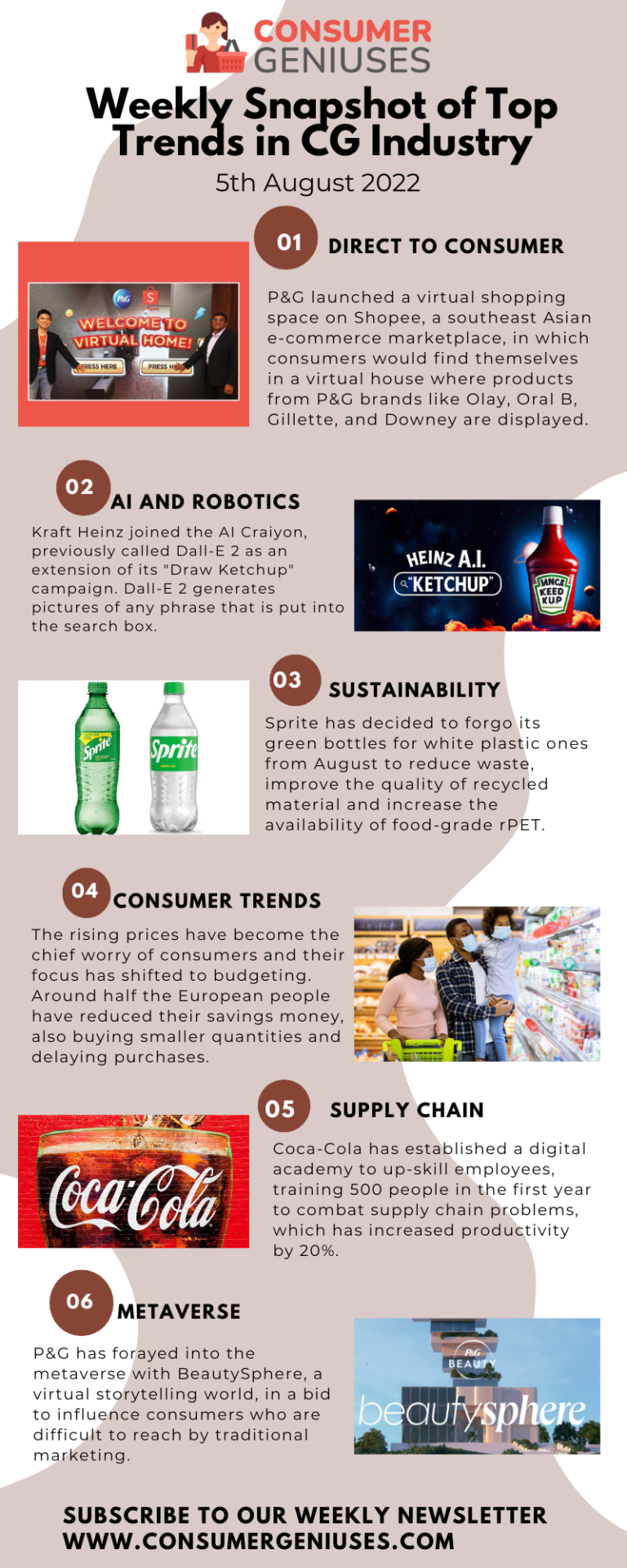
This is the weekly snapshot of top trends from the Consumer Goods industry in the past week (1st August-5th August). We have covered different categories, including:

An advanced conversion technology has been introduced by UBQ Materials by patenting the world’s first bio-based thermoplastic made of unsorted household waste.

The brand first appeared in the metaverse with the Friendship Day Loot Box, which had different products like a virtually wearable NFT puffer jacket.

Ben & Jerry’s has collaborated with Tony’s Chocolonely to end modern slavery and child labour across supply chains in the chocolate industry.

The use of AI for self-serve options, inventory, scheduling, and marketing is already prevalent in many restaurants.

McCormick & Company has become one of the few businesses to achieve validation from the Science Based Target Initiative (SBTi) on its emission reduction goals.

It has been estimated that companies can increase revenue by incorporating data science, which would analyse consumer forecasts.

The fear of climate change in consumers has increased in the last year. 46% (up from 39%) consider climate change as the chief environmental problem, followed by air quality (36%) and plastic pollution (33%) in 2022.

Harry Jowsey became a social media influencer after his appearance on Netflix’s Too Hot To Handle. He has amassed 4.8M followers on TikTok and 4M followers on Instagram.

Content marketing is one of the chief solutions that can save a dying business. Seven brands have done something successful in this field.

In recent years, brands selling consumer packaged goods have shifted some of their sales away from brick-and-mortar stores to online channels. As a result, many consumers have begun buying directly from manufacturer websites because stores usually run out of many CPG products such as toilet paper, disinfectant, and hand sanitiser due to the pandemic.

This is the weekly snapshot of top trends from the Consumer Goods industry in the past week (14th August-18th August). We have covered different categories, including:

Meta announced that the live shopping option on Facebook would end in October. In addition to this, TikTok decided not to expand its live stream shopping to the US.

The Estee Lauder Companies has announced its determination to adopt 100% electric vehicles by 2030.

Mars’ digital Vice President, Sandeep Jamadagni, believes that problems of rising prices can be combated with improvements in planning, logistics, and manufacturing.

Many brands are hiring influencers for marketing purposes, not limiting themselves to celebrities with massive followings but also micro-and nanoinfluencers, kidfluencers, gaming influencers, and virtual influencers.

In September 2021, Procter & Gamble presented its goal of reaching net zero emissions by 2040, extending from raw materials to retail.

Sundar Pichai, CEO of Google, has announced a “Simplicity Sprint” in which more than 170,000 full-time employees would participate to offer ideas for increased efficiency.

This is the weekly snapshot of top trends from the Consumer Goods industry in the past week (8th August-12th August). We have covered different categories, including:

According to a report, 38% of consumers using the metaverse are open to restaurant purchases in the virtual world.

According to a TraceGains survey, 58% of CPG companies list supply chain disruptions as their biggest challenge. More than six out of ten leaders claimed to have changed six product recipes.

The Metaverse is nowadays acknowledged as the future of marketing and advertising. Many big brands have delved into it, including Nike, Adidas, Coca Cola, and Gucci.

Schwan’s Home Delivery has rebranded and is now known as Yelloh.

Brands like to hire couples for advertising since usually their engagement rate and analytics are higher and people like to follow their relationship.

P&G’s Ariel has launched a new laundry care box called ECOCLIC, which is more sustainable and inclusive and has a certification in child safety.

Ulta Beauty launched a $20 million VC fund called Prisma Ventures, which focused on digital innovation and tech startups in beauty.

Conagra Brands renovated its supply chain in a bid to save $1 billion over three years. The “fuel for growth” programme would focus on production, logistics, margin management, and new capabilities.

There has been speculation about more influencers appearing in advertisements. Maybelline made it a reality by featuring two Bachelorette contestants turned influencers in its recent ad about a foundation.

Food manufacturers like snack producers and bakeries have been famous for leaving behind an environmental footprint. The main reason is the usual and non-recyclable nature of their packaging.

In the last decade, the direct-to-consumer model has skyrocketed in popularity. Brands such as Warby Parker and Dollar Shave Club saw an opportunity to enter an existing market and make the experience better.

This is the weekly snapshot of top trends from the Consumer Goods industry in the past week (1st August-5th August). We have covered different categories, including:
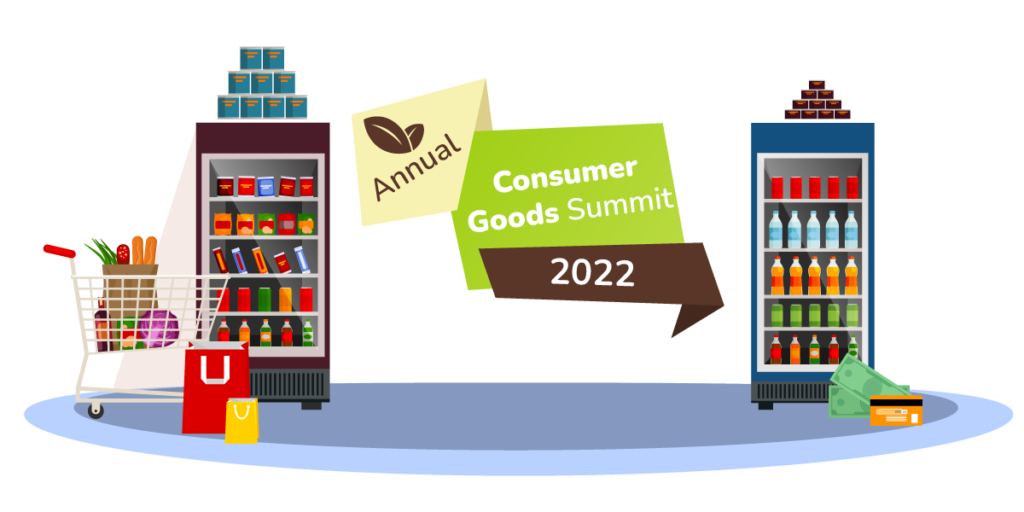
Consumer Goods industry will surpass $15T globally by 2025. However the old business model of mass distribution is about to become obsolete. Digital Transformation, Millennials and Gen Z effect, Direct to Consumer and Post-Covid World are going to reshape the winning formula for the new era CG industry. Our weekly newsletter covers global innovations and disruptions in CG industry.
ConsumerGeniuses is managed by IndustryGeniuses (A place where industries meet innovation). We are rolling out content platforms for the world’s hottest industries such as Food & Grocery Retail, Consumer Goods and Healthcare. For each of these key industries, we support Tech Startups and Industry Disruptors as they roll out next generation digital initiatives.
IndustryGeniuses team brings practical domain knowledge of working with 300+ tech startups and brands over the past decade.